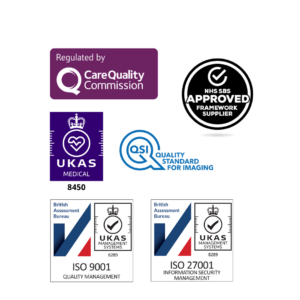One of the most transformative technologies making waves in the healthcare sector is Robotic Process Automation (RPA). This case study explores the adaption and implementation of RPA in healthcare administration across our Medical Imaging Partnership team based in Pease Pottage. It also highlights its impact on improving patient care, operational efficiency, and cost-effectiveness.
Understanding RPA
Robotic Process Automation involves the use of software robots or “bots” to automate repetitive and rule-based tasks within business processes. In the context of healthcare administration, RPA can be applied to various tasks such as data entry, referral management, appointment scheduling, and other administrative functions. These digital workers mimic the actions of human users, allowing for increased accuracy and efficiency in routine tasks.
Benefits of RPA in Healthcare Administration
Through our initial testing and implementation we have found the following areas as benefits that are brought to our services and add value to our contracts. They are the following 6 areas:
1. Enhanced Accuracy and Data Integrity
RPA ensures precision in data entry and processing, reducing the likelihood of errors that can have serious consequences in healthcare. The technology can validate information against predefined rules, improving data accuracy and integrity across various administrative processes.
2. Referral Management Processing
Referral management processing is a critical aspect of healthcare administration. RPA can automate the validation of referral data, ensuring that they are complete and reducing the time it takes to process the referrals into our system. This results in quicker appointments being given for patients and a more efficient overall system.
3. Efficient Appointment Scheduling
RPA can optimise the appointment scheduling process, taking into account various factors such as patient preferences, clinician availability, and facility resources. Automated scheduling reduces the likelihood of errors and ensures a seamless experience for both patients and ourselves as the healthcare provider.
4. Cost Reduction and Resource Optimisation
By automating repetitive tasks, RPA allows healthcare organisations to allocate human resources to more complex and value-added activities. This not only improves employee job satisfaction but also contributes to significant cost savings over time enabling us to work with our partners in providing cost effective healthcare solutions.
5. Improved Compliance
Healthcare administration is subject to numerous regulations and compliance requirements. RPA can help ensure that administrative processes adhere to these standards by automating compliance checks and documentation, reducing the risk of regulatory and contractual violations.
6. Faster Decision-Making
RPA provides real-time insights into administrative processes, enabling healthcare professionals to make informed decisions quickly. This accelerated decision-making process can have a positive impact on patient care and organizational efficiency.
Challenges and Considerations in Healthcare Administration
While RPA offers substantial benefits, its implementation in healthcare administration is not without challenges. Ensuring data security and compliance with privacy regulations, selecting appropriate processes for automation, and managing the transition for existing staff are crucial considerations.
Additionally, ongoing monitoring and maintenance are essential to address potential issues and optimise RPA performance.
Comments and Reflections from Dean Putland, Project Owner and Director of IT and Business Intelligence:
“I believe that RPA’s are the future and will push healthcare boundaries. Implementing and delivering RPA’s came with its challenges at the start and we are still learning as an IT team and as an organisation. The outcomes that the RPAs are delivering have been better than first anticipated and have been a great success across different departments and can only see Medical Imaging Partnership growing and enhancing RPAs. “
In summary
Robotic Process Automation is reshaping healthcare administration within Medical Imaging Partnership. It enables us to develop leading service provision for our commissioners and ultimately providing outstanding service to our patients.
Through the adoption of RPA we are utilising a powerful tool to enhance our efficiency, reduce our costs, and improve the patient journey. As the technology continues to mature, we will continue to carefully navigate the implementation process to unlock the full potential of RPA while addressing associated challenges. The integration of RPA into healthcare administration heralds a new era of innovation, ultimately contributing to a more responsive and patient-centric healthcare system which we are proud to be developing for our patients and the communities that we serve.
Medical Imaging Partnership celebrate the achievement and milestone that this brings to the company and would like to thank the IT team and Dean Putland for implementing this practice which is dedicated to improving the patient journey.
 OUR BLOG
OUR BLOG






